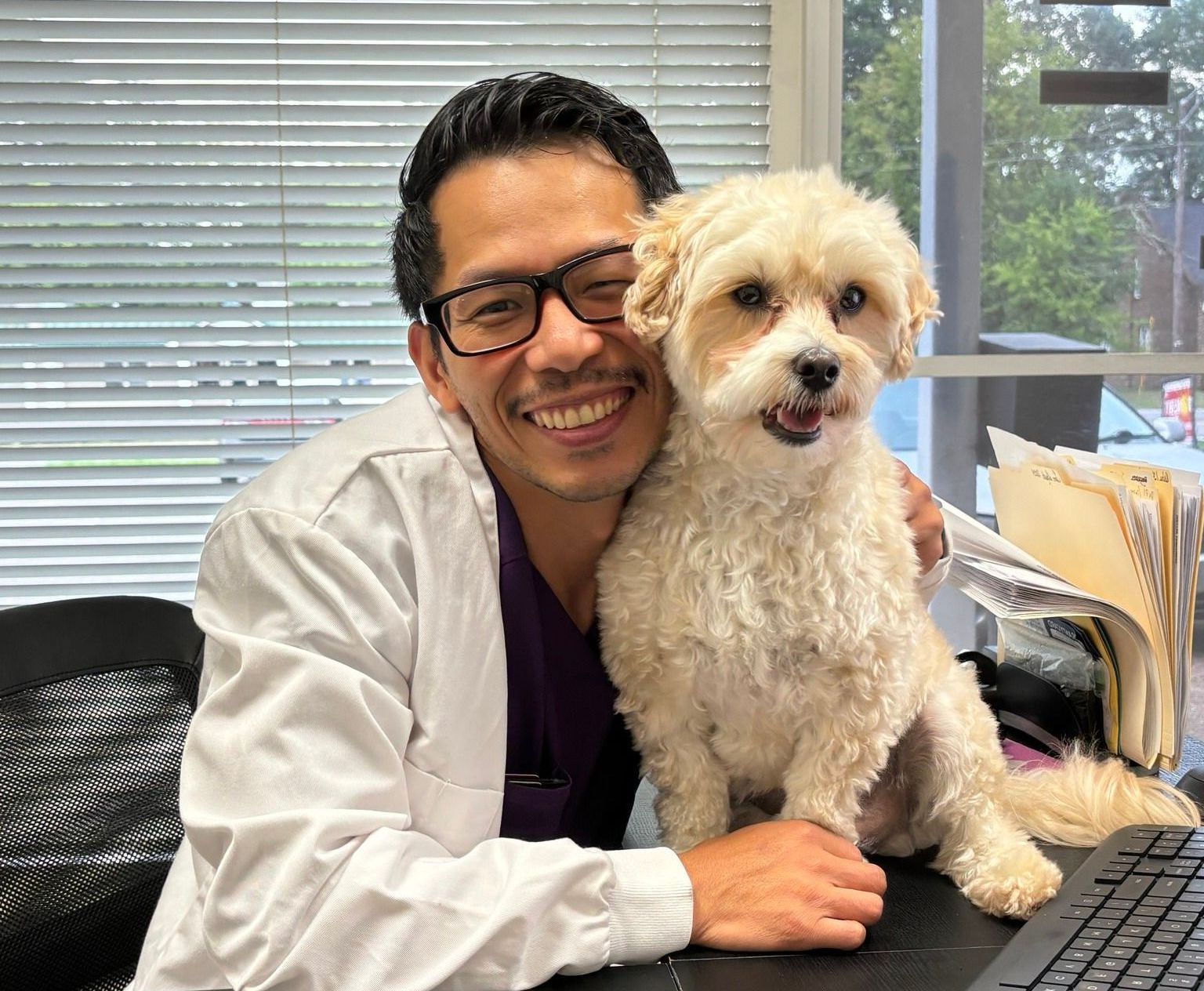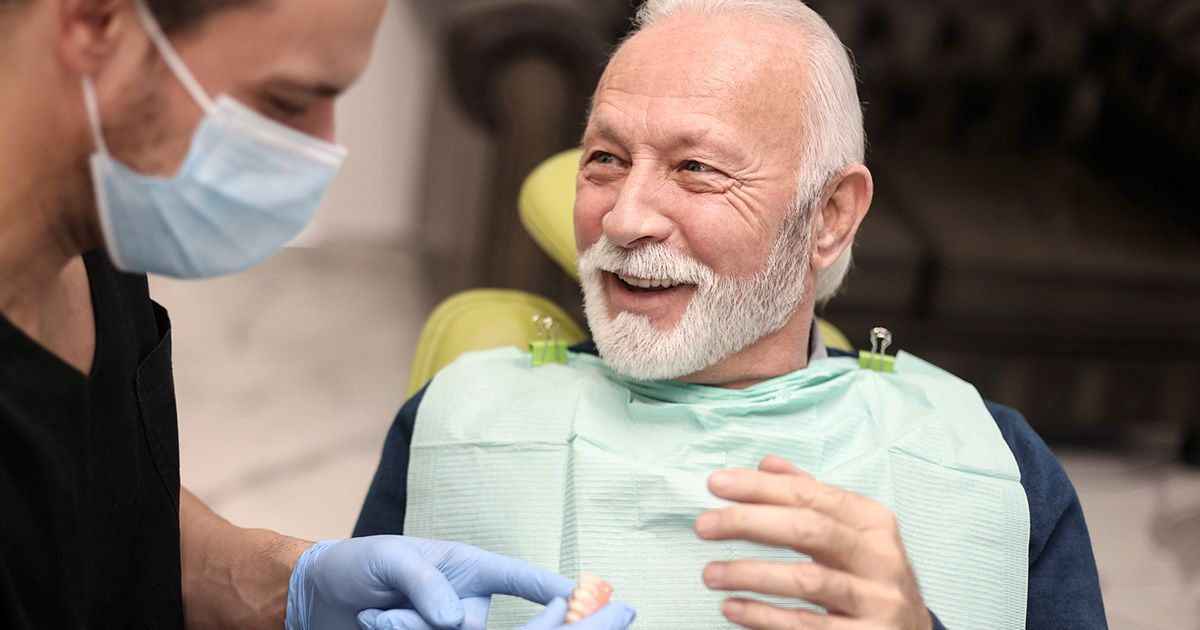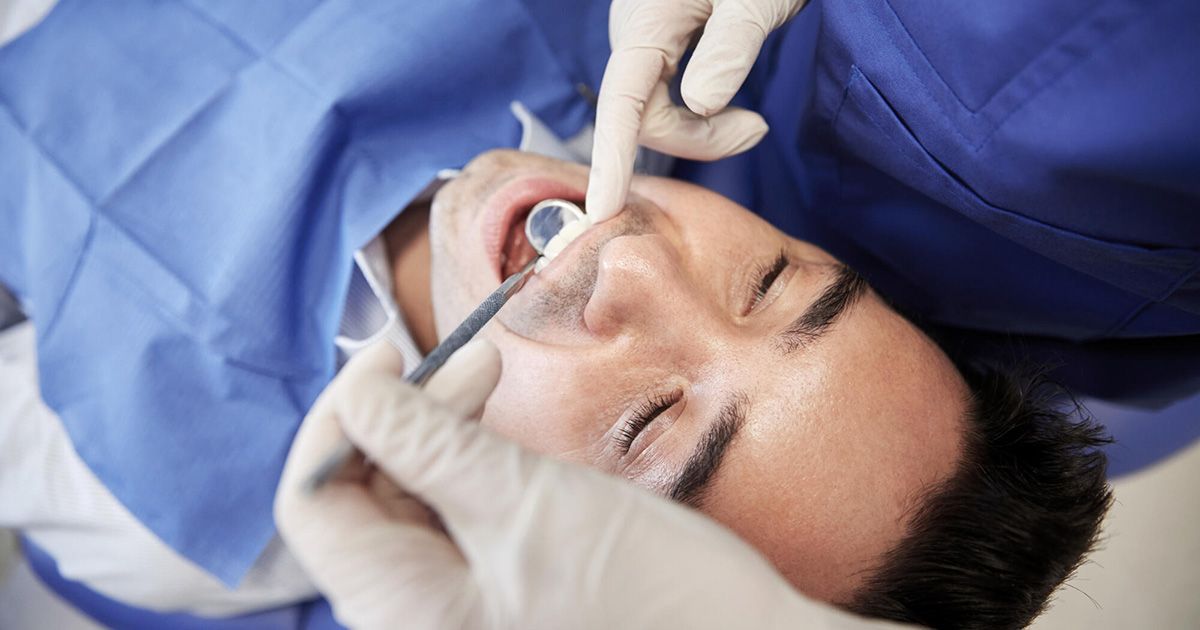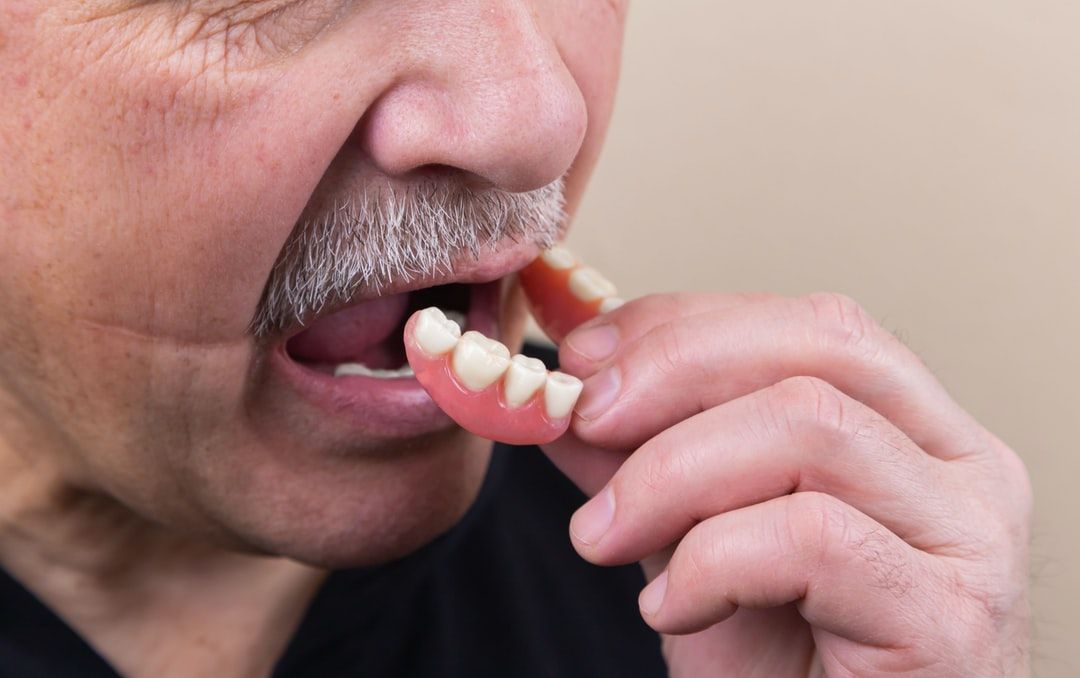PHONE NUMBER
ADDRESS
Email Address
Wisdom Teeth Troubles: What to Expect with Wisdom Teeth Removal
Are you thinking of becoming one of the five million Americans who get their wisdom teeth removed each year?
Most people do this in their late teens or early adulthood, but it's never too late to remove a wisdom tooth that's bothering you. Leaving these teeth in can sometimes lead to pain, infection, or damage to other teeth.
What should patients know about wisdom teeth removal? Read on for our full wisdom teeth surgery guide.
Pre-Operative Care
Before the wisdom teeth removal procedure, you'll need to see your dentist. They'll take X-rays and come up with the best approach for your specific surgery. You should let them know about any medications you take and your general health.
The day before your surgery, you may need to stop eating or drinking a few hours before your appointment, depending on your doctor's instructions. Make sure someone else can come pick you up afterward since you may be groggy from anesthesia.
Wisdom Teeth Removal Procedure
The surgeon starts by creating a small opening in your gum to access the wisdom teeth. If the tooth is impacted (stuck under the gum), they may need to remove some bone to reach it.
Sometimes, the tooth may be cut into smaller pieces to make removal easier. Afterward, the surgeon will clean the area and stitch the mouth incisions closed. This only takes around 45 minutes to an hour, but this could change based on the complexity of your case.
Post-Operative Care
You'll have to take it easy for a few days after losing your wisdom teeth. To stay comfortable, keep up with the pain medication your surgeon prescribed.
Eat soft foods like yogurt, applesauce, and mashed potatoes for the first few days. Avoid hot, spicy, or crunchy foods.
It's also vital to rinse your mouth with saltwater starting the day after surgery. Avoid brushing the surgical areas for a few days.
Potential Complications
While most wisdom teeth removals go well, there are some potential complications you should be aware of:
Infection
If bacteria enter the surgical site, an infection may develop. Watch for signs like fever, swelling, or pus, and contact your doctor if you notice them.
Dry Socket
This occurs when the blood socket your body formed over the wound comes out and bleeding resumes. It delays healing.
Nerve Damage
In rare cases, nerve damage can occur from wisdom teeth removal. This leads to numbness or tingling in the face or mouth.
Recovery Timelines
What happens next? Recovery timelines vary for each person, but here is a general guide:
First 24-48 Hours
You'll likely experience the most discomfort and swelling. Follow your doctor's instructions for rest and pain management.
Days 3-7
Swelling and pain should start to decrease. You might feel comfortable eating more solid foods.
Weeks 2-3
Most people feel fully recovered, but it may take longer if you had a complicated surgery. You can always contact your surgeon for any more recovery questions.
Are You Experiencing Wisdom Teeth Troubles?
Wisdom teeth removal isn't fun, but many people need it for their quality of life. Using this guide and asking your surgeon questions will keep you as comfortable as possible.
Do you need to get your wisdom teeth removed in Cleveland, TN? Contact
Ocoee Dental Care to book your consultation. Dr. Ta can perform a wide range of procedures to keep your smile healthy and beautiful.
PHONE NUMBER
ADDRESS
Ocoee Dental Care
Email Address
FOLLOW US ON INSTAGRAM
HOURS
- Monday
- -
- Tuesday
- -
- Wednesday
- -
- Thursday
- -
- Friday
- -
- Saturday
- Closed
- Sunday
- Closed
Closed for lunch from
12:00 pm - 12:30 pm











